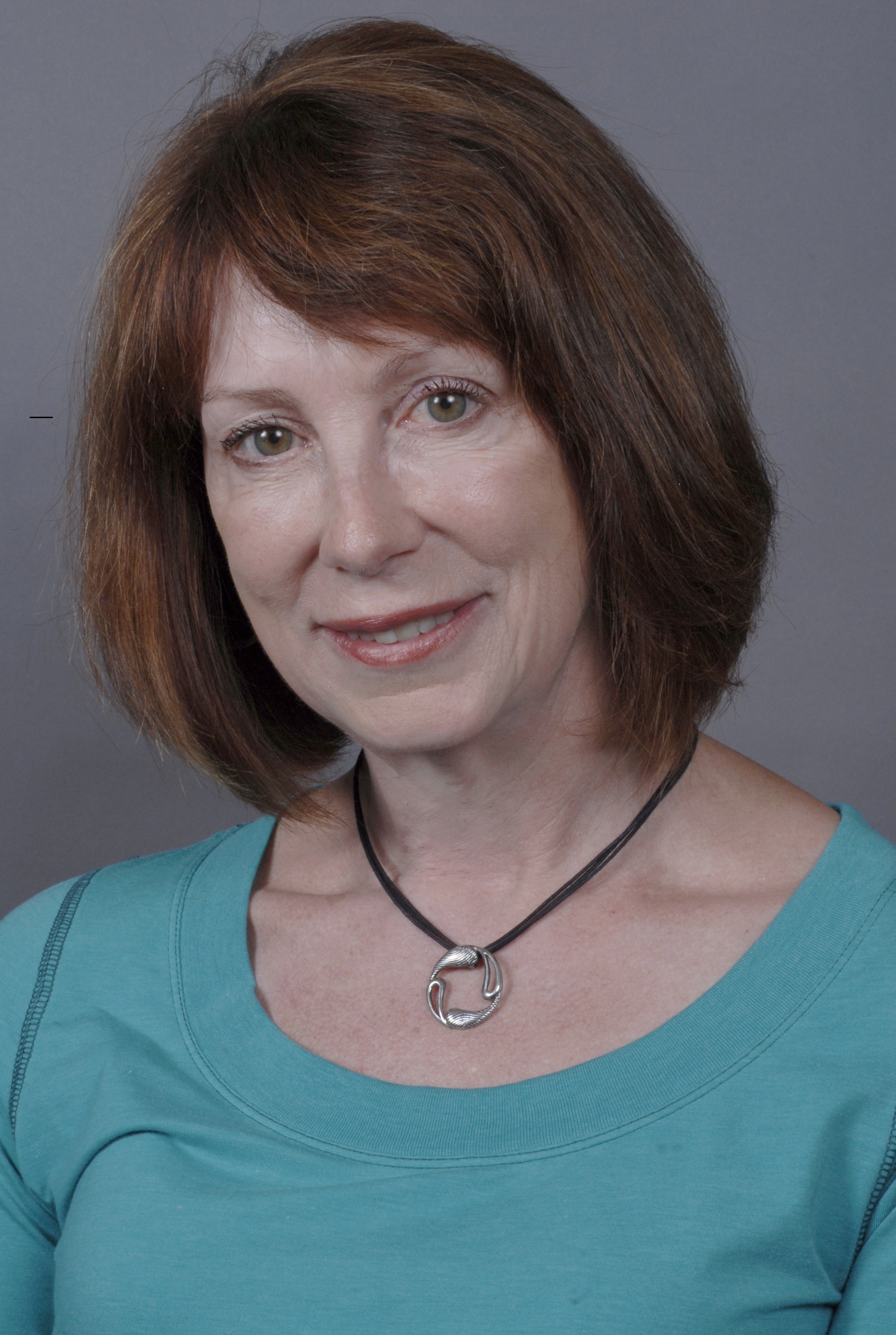AARP Eye Center

By Elaine Friesen-Strang
I have a confession. Many years ago, before they had computers in patient exam rooms, a medical assistant left my chart on the counter when she stepped out. I struggled briefly with my conscience; then I had the audacity to open it. I scanned the notes--terrified my physician would walk in at any moment--and was frankly, a bit disappointed with what I read. Other than an earlier patella dislocation, my medical chart wasn't all that interesting. Even the account of my knee episode was much less dramatic than I remembered. Why did I feel reading my medical notes was an act of espionage?
Fast forward to 2014; today, transparency has become a virtue. And thanks to OpenNotes, a national initiative advocating that patients have direct access to their own records, we can read our chart notes guilt free, in the comfort of our homes. The goal is to get patients more involved in their medical care. Homer Chin, MD, chairperson for the We Can Do better campaign, explains, “It’s time that we engage and empower patients by providing them with easy access to their own medical information”. What’s written in our charts shouldn’t be a mystery. Knowledge is power and in the terms of our health, it’s also the first step to taking action. Dr. Michael McNamara, Chief Operating Officer with Kaiser NW, says OpenNotes "gives the patient more control in their care...they become more likely to modify behaviors."
In Oregon and Southwest Washington, nine health systems and medical groups will provide electronic access to notes written by our providers beginning sometime in 2014 or 2015. Kaiser led the way, making patient notes available in April 2014. I had already been using their website to review my test results, recommendations from past visits, and to email providers. OpenNotes does much more. In April, just hours following an appointment with my physical therapist, I received an email saying I had new information available on-line. This documentation was different from the written summary I previously received at appointments. This went beyond diagnosis and recommendations to my practitioner's actual visit notes. She recounted my concerns and goals, her observations and objectives, what each of us would do as follow-up, even my rehab potential. These notes confirmed why I have a relationship built on trust and respect with my physical therapist.
This may be in particular interest to women. The May 2014 issue of Slate Magazine states women face more obstacles in getting to the doctor than men. Kaiser Family Foundation reports 26% of women delayed or avoided medical care in the past year compared to 20% of men. Obstacles were higher for women with low-income, but reasons for all included transportation, childcare, and less allotted sick leave. If receiving the needed care is a challenge, all the more reason to make the visit successful.
Women also tend to play a larger role as caregiver. OpenNotes empowers us to be better advocates and providers. By means of a proxy, we can access the notes of a family member. We can verify information is correct, ensuring that symptoms are adequately reported, addressed, and documented. In his later years, my father struggled to find words to convey his thoughts. His medical and residential providers often misinterpreted his level of pain. Simply because he couldn’t express it, didn’t mean he wasn’t experiencing it. I knew it was his right hip, and had I been able to read his chart, I could have immediately cleared up a misunderstanding that led to months of unnecessary pain.
Consumer Reports identified OpenNotes as one of the top five innovations in health care 2013. Patients report feeling more in control of their care and they have a better understanding of their medical conditions. At the end of a one-year study conducted by the Robert Woods Johnson Foundation, 99% of the patients asked for the practice to continue, none of the doctors chose to withdraw.
Melissa Anselmo, National OpenNotes Program Director, reports, "the most underused resource in health care is the patient." It's our body, our plan, our care. For more information, check out the OpenNotes website.
---
Welcome to Real Women Speak, where you’ll hear the voices of Oregon women who are struggling, soaring, muddling through and motivated to move forward.
Inspired by Decide.Create.Share, this blog chronicles stories from lighthearted happenings to questions of fortitude. From life-altering changes to simple anecdotes, our shared narratives serve to inspire, guide, and connect us.
Every woman has a voice. AARP Oregon seeks to amplify them.
About our guest blogger: My name is Elaine Friesen-Strang. I have played multiple roles in my personal and professional lives. While I consider how I intend to shape my sixth decade, I am involved with several organizations, including serving on the Executive Council for AARP Oregon. And, I faithfully do my physical therapy exercises every day.
































.jpg?crop=true&anchor=13,195&q=80&color=ffffffff&u=lywnjt&w=2008&h=1154)


























